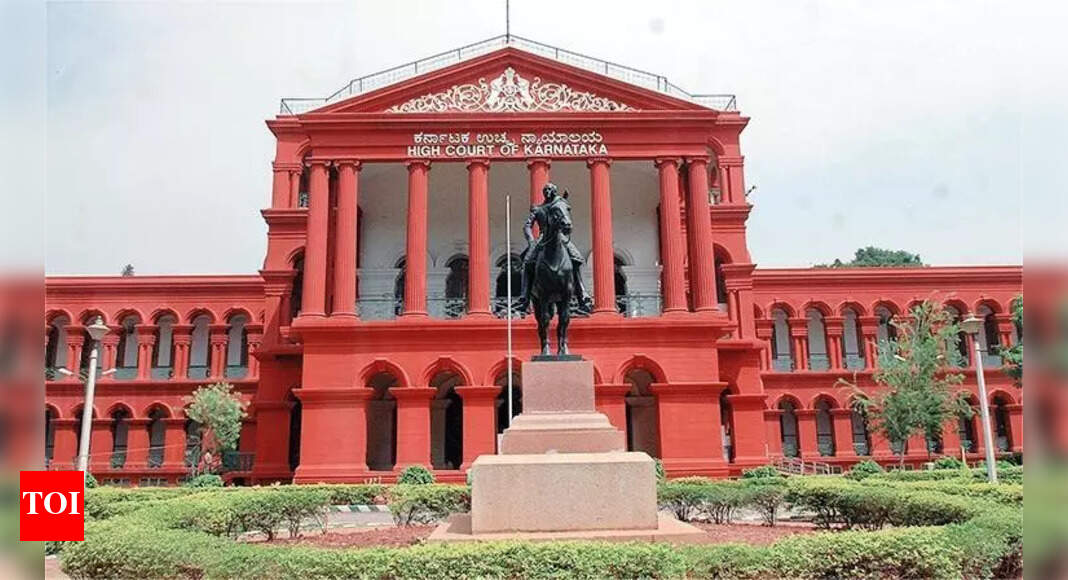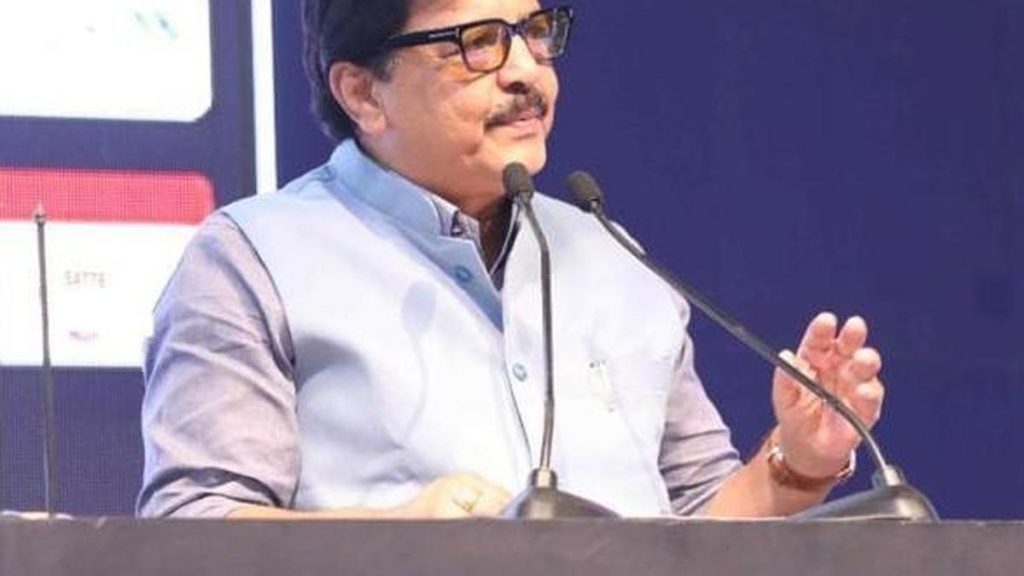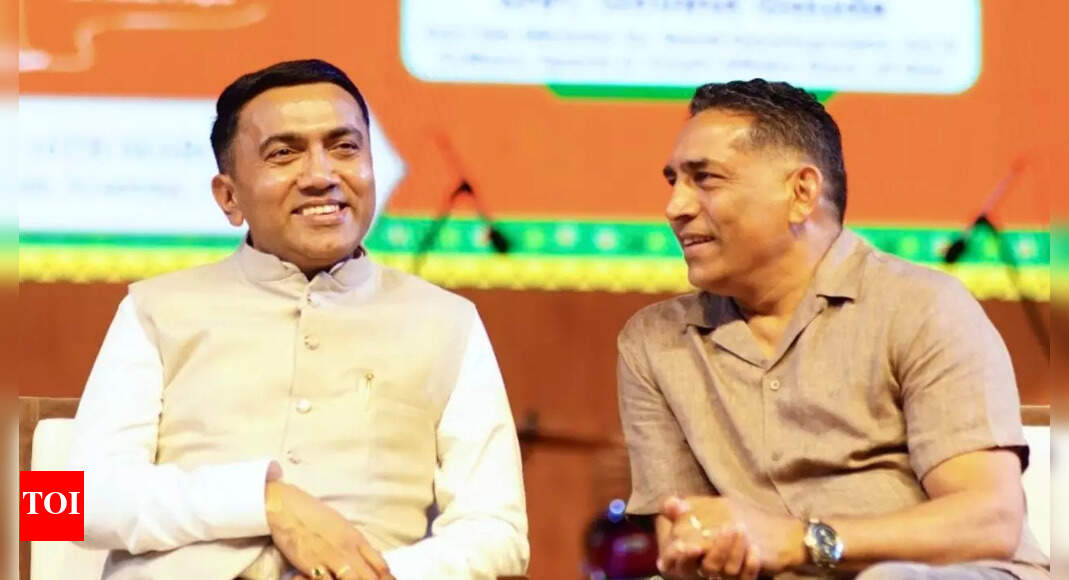Now Reading: Karnataka High Court Urges Unified Death Records to Prevent Property Fraud
-
01
Karnataka High Court Urges Unified Death Records to Prevent Property Fraud
Karnataka High Court Urges Unified Death Records to Prevent Property Fraud

Swift Summary
- The Karnataka High Court has proposed an integrated IT framework for the registrar of births and deaths to address fraud in property claims linked to falsified death records.
- Justice Suraj Govindaraj directed departments to design a extensive digital system within six weeks that integrates with revenue and sub-registrar databases for automatic retrieval of property details during death-related applications.
- The system will also cross-reference hospital death data and identity documents like PAN, Aadhaar, voter ID to ensure authenticity while preventing misuse in property disputes.
- The directive came during a decades-old legal case involving manipulation of a death certificate issued 40 years after the supposed date of demise, exposing procedural lapses at multiple levels.
- Lok Adalat was flagged for overstepping authority by issuing directives without proper adjudication procedures.
- A suspicious land transaction dated back to 1979 was contested by Siddalingaiah’s heirs based on contradictory claims about Honnamma’s date of demise; fresh proceedings were ordered in Tumakuru court.
- New guidelines under Section 13 of Registration of Births & Deaths Act, 1969 demand applicants explain delays, clarify application purpose, and submit detailed details on deceased’s assets along with documentation.
!Karnataka high court proposes integrated IT records
Indian Opinion Analysis
The Karnataka High Court’s emphasis on integrating IT systems into administrative processes reflects India’s broader push toward openness and digitization in governance. By linking databases across departments like e-governance, revenue, and urban development while leveraging identity verification mechanisms (e.g., Aadhaar), the proposal aims at curbing fraudulent activities tied to land ownership-a persistent issue given India’s complex property laws.
This mechanism could strengthen trust in government documentation related to births and deaths but must be implemented carefully considering privacy concerns associated with cross-referencing sensitive personal data. Additionally, the court’s reminders about procedural adherence highlight gaps in current adjudication practices that demand urgent reform. Mandating thorough checks under Section 13 could make delayed applications more accountable; however, it may require increased capacity from respective departments handling such requests.
By intervening strongly against systemic loopholes exploited for financial wrongdoing-as illustrated by this decades-old dispute-the judiciary showcases its role as not just arbiters but drivers toward institutional improvements critical for societal equity.


























